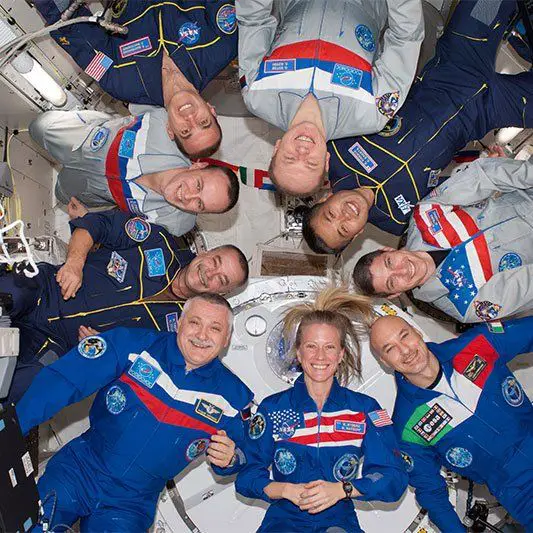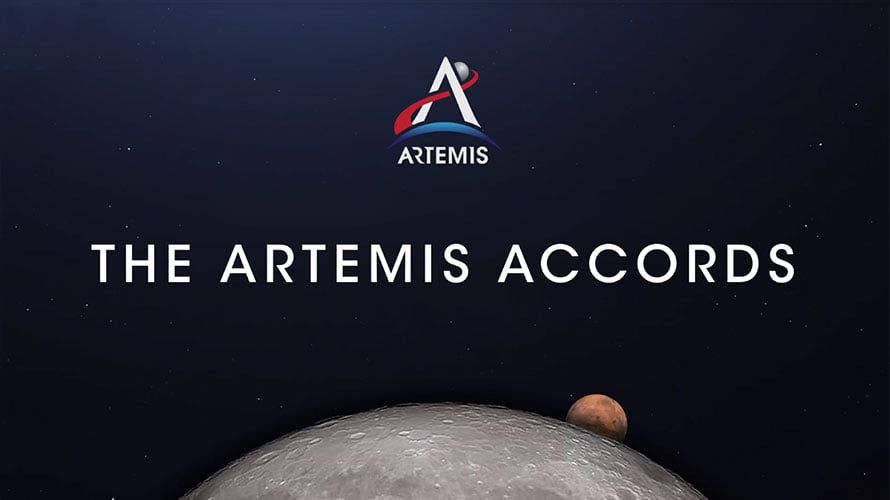NASA wants peaceful space exploration with Artemis Accords space program. It has been months since NASA officially announced the launch of the Artemis program, which aims to take the next man and the first woman to the Moon in 2024. And they published a document last September detailing how humanity would revisit our satellite in less than four years.
- Is there a parallel universe, let’s check what NASA says about it
- SpaceX crew returns to Earth after completing historic mission
- Best photos from the SpaceX launch
However, before beginning the new era of space exploration, the organization itself has wanted to publish the so-called Artemis Accords, a series of documents and rules that, reaffirming the fundamental principles of the already existing 1967 Outer Space Treaty, seek the commitment of nations to maintain peaceful, cooperative and transparent activities on the Moon.
The countries that sign the NASA Artemis Accords agree on ten principles of a fairly simple nature that encompass simple concepts such as interoperability, transparency and disclosure of scientific information, or safe disposal of space debris:
Peaceful exploration: All activities carried out under the Artemis program must be for peaceful purposes
Transparency: The signatories to the Artemis Agreements will carry out their activities in a transparent manner to avoid confusion and conflict.
Interoperability: nations participating in the Artemis program will strive to support interoperable systems to enhance safety and sustainability.
Emergency Assistance: Signatories to the Artemis Agreements commit to providing assistance to personnel in distrest

Registration of space objects: any nation participating in Artemis must be a signatory to the Registration Convention or become a signatory promptly.
Dissemination of scientific data: Signatories to the Artemis Agreements are committed to the public dissemination of scientific information, allowing everyone to join us on the Artemis journey
Heritage preservation: the signatories of the Artemis Agreements commit themselves to preserve the heritage of outer space
Space resources: Extracting and using space resources is key to safe and sustainable exploration and the signatories of the Artemis Agreements affirm that such activities must be carried out in accordance with the Outer Space Treaty.
Non-conflicting activities: the Artemis Agreement nations commit to prevent harmful interference and to support the principle of due consideration, as required by the Outer Space Treaty
Orbital debris: Artemis Agreement countries commit to plan for safe debris removal
Currently, NASA Artemis Accords have been signed only by its eight founding countries and their space agencies, including the United States, Australia, Canada, Italy, Japan, Luxembourg, the United Arab Emirates and the United Kingdom, and are expected to be joined by the rest of the 110 countries that previously conformed to the previous treaty.
Similarly, it is worth noting the first absence of Russia and China, the main competitors in this space race, who for the moment have not even expressed their interest in it. Nevertheless, NASA itself has assured that it will be a slow but constant process of incorporation, which will extend to the next months and years prior to its next mission.





